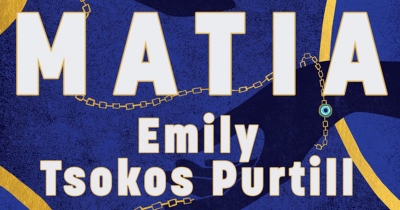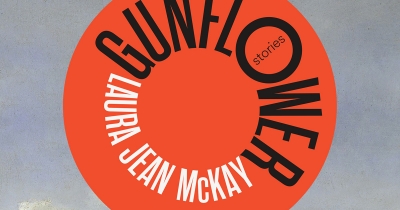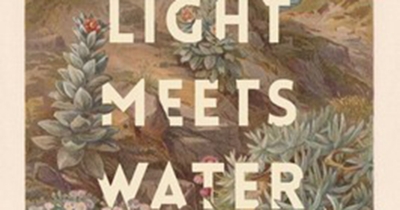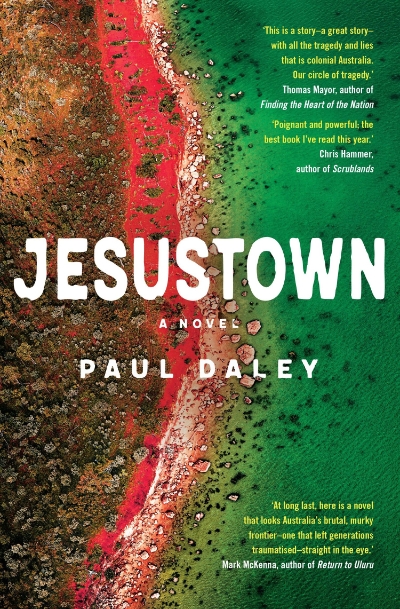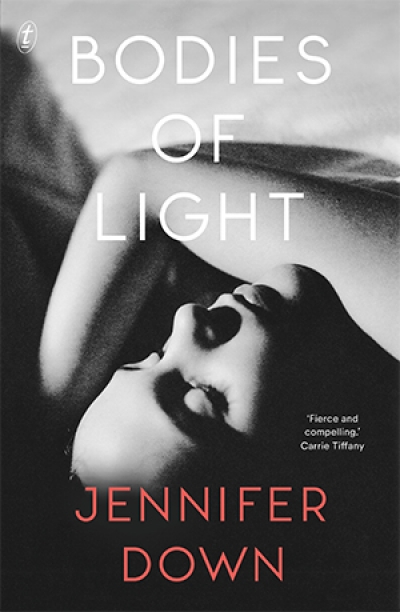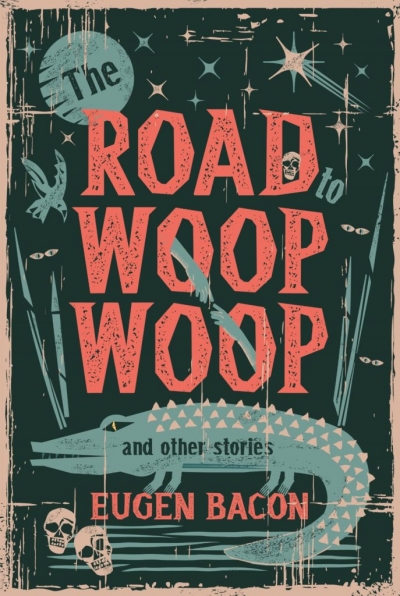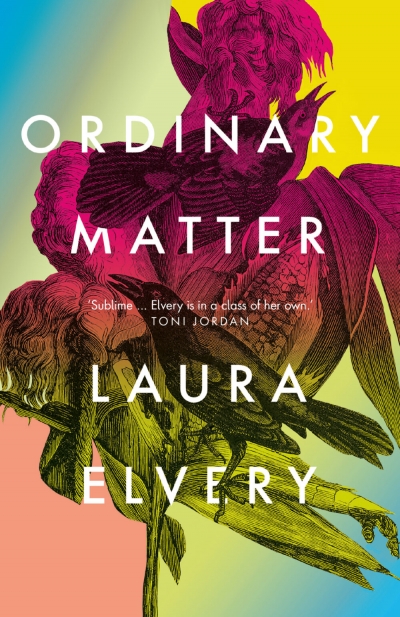Susan Midalia
What is a short short story? More specifically, how short is it (or how long)? The most famous tiny example is attributed to Ernest Hemingway: ‘For sale: baby shoes, never worn.’ Whether he wrote this or not, it represents the gold standard in suggesting much in little. Like poetry, microstories or flash fictions allow no formal wobbling as authors tread a perilous tightrope between banality and inspired ingenuity.
... (read more)Three recent novels by Australian women deal with current and increasingly urgent political questions about female identity and embodiment. They each use the conventions of popular realist fiction to provoke thought about the causes of female disempowerment and the struggle for self-determination. Coincidentally, they are also set, or partially set, in Australian country towns, although their locations are markedly different, and their plots culminate in the revelation of disturbing secrets.
... (read more)Determining connections between books sent as a review bundle is not mandatory, but there is an irresistible tendency to find some common theme. In the case of these three novels, the theme of women’s pain, and hidden pain at that, does not need to be teased out – it leaps out. Since it is unlikely that three different authors would have colluded, the prevalence of this is worth deeper reflection, especially considering recent titles such as Kylie Maslen’s essays on illness, Show Me Where It Hurts, or Kate Middleton’s extraordinary memoir essay ‘The Dolorimeter’, placed second in the 2020 Calibre Prize.
... (read more)
